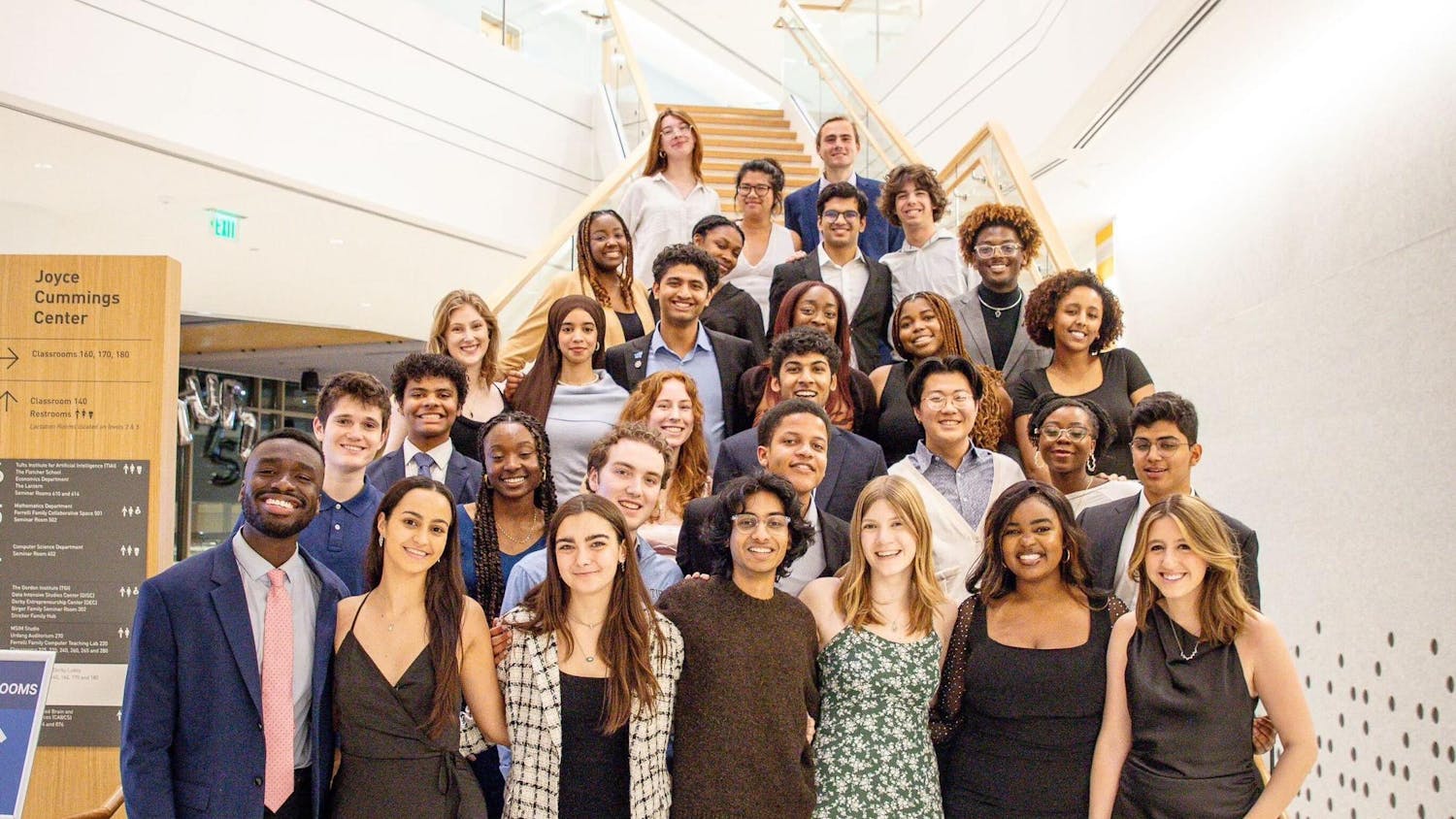Social and academic adjustment is an arduous process for students across all different types of institutions of higher learning. No matter the size or location of the college they choose to attend, freshmen and transfer students experience the feelings of anticipation, anxiety and homesickness of stepping into a new world.
Across campuses, university administrators make a variety of efforts to reach out to students to help make this transition easier. Last month 80 administrators at Boston University (BU), including the school's provost and dean of students, placed over 4,000 phone calls over the course of two weeks to freshmen and transfer students to have an informal conversation with them about their college transition. Students who did not answer their phones received voicemail messages encouraging them to call back.
According to BU Executive Director of Media Relations Colin Riley, the program was started last year when the university's president and dean of students began to think of new ways to reach out to students and make them feel like they are at home.
Riley told the Daily that while the phone calls prompted some suspicion — "One of the students thought his mother put the Dean of Students up to it" — the program was well−received.
BU freshman Brooke Mele was in class when she received her call.
"I think it's a great program. It's great to have some extra support when adjusting to a new school," Mele said.
BU freshman Anna Gaziano was waiting for the T when she received her call. Though she did not have any specific concerns, Gaziano was pleased with the effort.
"I thought [the call] was really nice considering how big our freshman class is. I can see how it would be useful to others if they were having trouble adjusting," she said.
Though members of the Tufts administration do not personally call every new student from their offices in Ballou Hall, Dean of Student Affairs Bruce Reitman said that the university takes a more holistic approach to ensuring that students can easily access the resources they need to succeed.
"Our outreach is more routine, and a ... part of everyday life at Tufts," Reitman said. "We're smaller, and so some of the systems that we have in place are more automatically connecting parts of the university."
According to Reitman, Tufts tries to ensure that student concerns are addressed through two systems: the residence hall system and the first−year student advising programs.
Even if students have minimal direct contact with administrators, he said, the goal is to provide them with residence assistants and advisers who can act as their advocates.
Advising programs such as Explorations or Perspectives, which are run through the Experimental College, are designed to provide students with what Reitman called "curriculum−based, but values−oriented, sessions" in which students not only discuss the class curriculum, but also learn about leadership, teamwork and how to challenge themselves.
For each class of roughly 15 students, two upperclassman teachers and one adviser address a wide range of concerns, from issues with time management to questions about registration.
In addition to these two systems, faculty members at Tufts are required to submit mid−semester reports on new students' academic progress to the university's associate deans. These reports function as a type of "check−in," according to Reitman.
"The faculty reporting to the associate deans in undergraduate education about people who are struggling is a safety net, and then the deans or advisers reach out to the students that are reported by the faculty as needing help in some areas" Reitman said.
Anh Phong Tran, who transferred to Tufts this year as a sophomore, said his transition to life at Tufts has gone smoothly.
His adviser answered any questions he had, and when he needed help, he was not afraid to ask the administration.
"I would call Student Services, and they would help me out," he said.
Not all Tufts students feel that their concerns are being addressed by the current systems, though. Junior transfer student Andari Gusman has had difficulties, stemming mainly from questions she had about transferring credits from her old school.
"I'm not sure who to contact. I go to my adviser, but he doesn't always know how to answer all the questions I have," she said, adding that her transition would have been easier if there were more programs designed specifically for transfer students rather than having a combined orientation for freshmen and transfers.
Reitman agreed that the traditional orientation is perhaps not the best model, and he said he is planning a new year−long program that would enable students to revisit and address questions about topics covered during Orientation week.
"I do think [the residence hall and advising program combination] is a pretty good system but I'm not thinking that orientation as we do it is a model that couldn't be drastically improved by replacing it with a more ongoing system," said Reitman.





